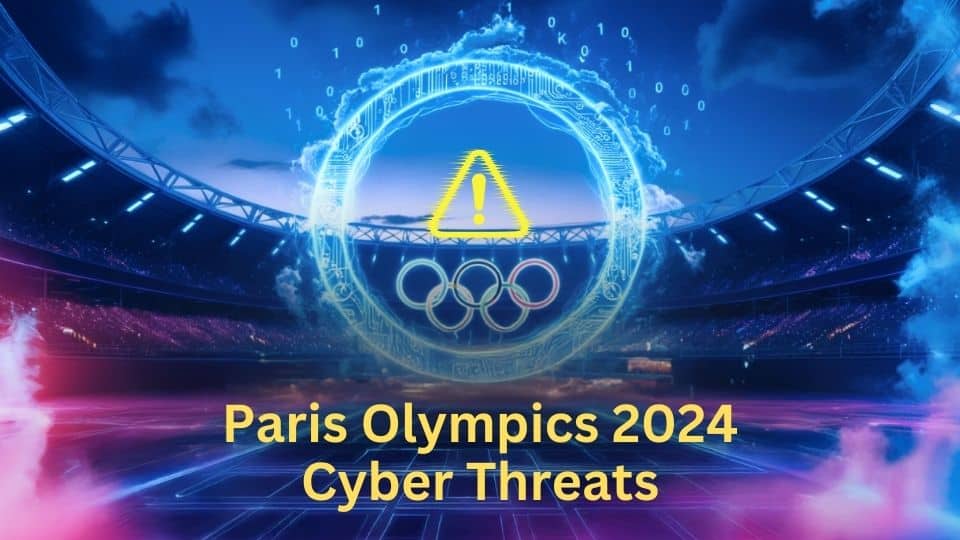
As the world eagerly anticipates the opening of the Olympic Games in Paris on July 26, 2024, organizers are facing a pressing challenge: ensuring the cybersecurity of the event. With over 13 million tickets expected to be sold and more than 15 million visitors projected to flood into Paris, the potential for cyberattacks is higher than ever. The games are not just a celebration of athletic prowess but also a prime target for cybercriminals looking to exploit the massive surge in commerce and data.
The Rising Threat of Cyberattacks
Historically, the Olympic Games have been a magnet for cyber threats from organized crime groups and both state and non-state actors. The high-profile nature of the event, coupled with the vast amounts of consumer data involved, make it an attractive target.
In 2021, the Tokyo Olympic Games faced an estimated 450 million cyberattacks. For Paris 2024, experts predict this number could be eight times higher.
Cyberattacks can take many forms, from spoofing schemes where criminals impersonate trusted entities to phishing scams that trick individuals into revealing personal information. Other common threats include distributed denial-of-service (DDoS) attacks, which overwhelm networks with traffic, and various types of malware designed to infiltrate and damage systems.
Proactive Measures and Strategic Partnerships
In response to these threats, the Paris 2024 Organising Committee for the Olympic and Paralympic Games has teamed up with leading technology companies and government agencies. Vincent Strubel, director general of ANSSI, France’s cybersecurity agency, emphasizes the unprecedented level of preparation work being done to stay ahead of potential attackers.
Partners like Cisco and Eviden are playing a crucial role in developing secure networks and bolstering cyber defences. The collaboration extends to conducting comprehensive audits, establishing rapid response teams, and implementing extensive awareness and training programs.
Ethical hackers are also being employed to test the security of the 500 sites involved in the Games, ensuring any vulnerabilities are identified and addressed.
The Role of Artificial Intelligence
As cybercriminals adopt more sophisticated technologies, cybersecurity efforts must also evolve. The Global Cybersecurity Outlook 2024 warns of the increasing use of advanced artificial intelligence (AI) systems by cyber attackers. However, AI is also a powerful tool for defenders.
Franz Regul, managing director for IT at Paris 2024, highlights the importance of AI in distinguishing between minor nuisances and potential catastrophes. By incorporating AI into their cybersecurity strategy, officials aim to stay one step ahead of cybercriminals.
Looking Ahead
As the countdown to the Paris 2024 Olympic Games continues, the focus on cybersecurity is paramount. The combination of strategic partnerships, advanced technologies, and proactive measures provides a robust defence against the expected surge in cyberattacks. While the threat landscape is ever-evolving, the commitment to protecting the integrity and security of the Games remains unwavering.
By anticipating and mitigating cyber threats, the Paris 2024 Organising Committee aims to ensure that the Games are remembered for their athletic achievements and not for any disruptions caused by cybercriminals. As the world watches, the hope is that these extensive preparations will safeguard one of the most significant global events from the growing menace of cyberattacks.